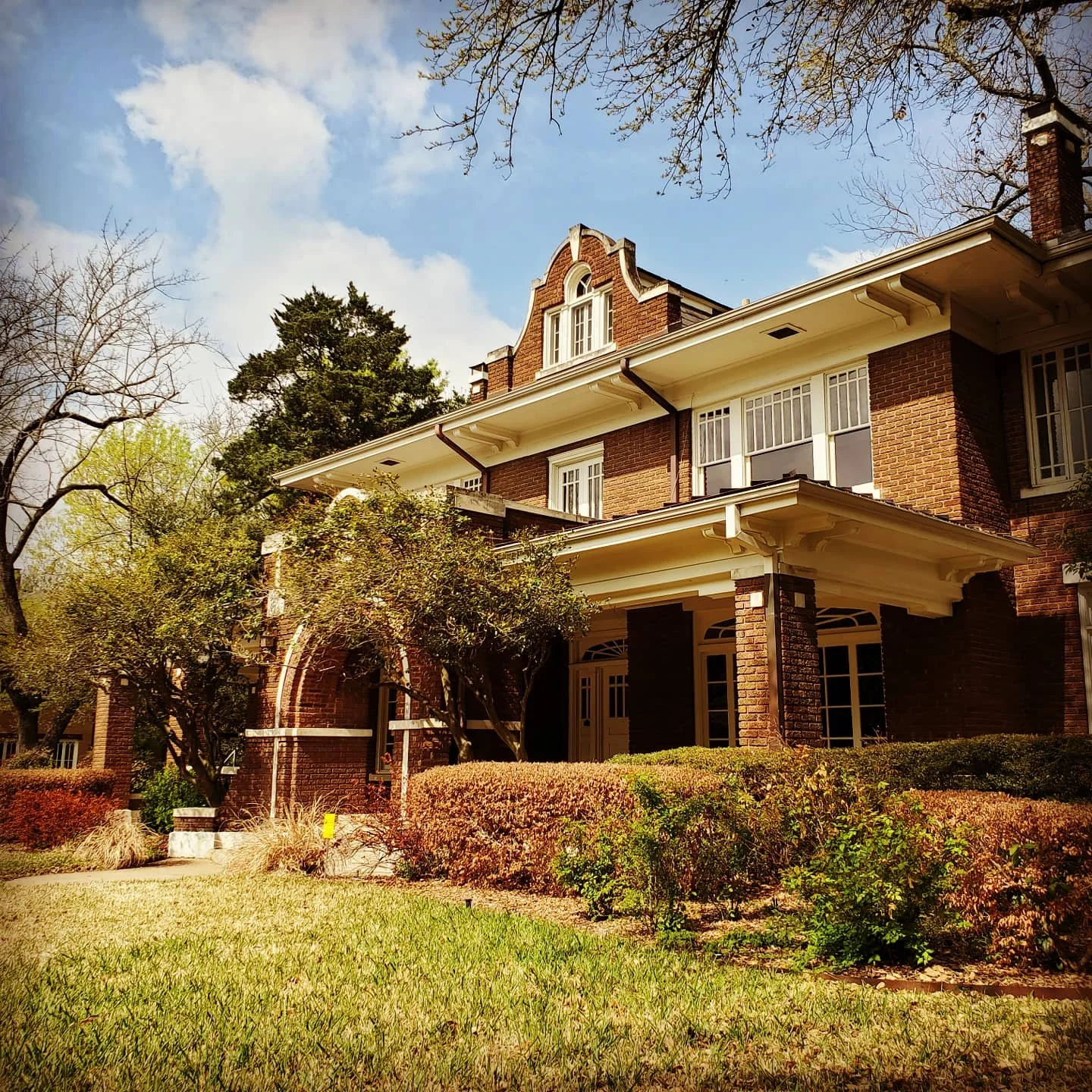Anita Martinez Recreation Center
“We shape our buildings; thereafter, they shape us.”
- Winston Churchill
If Winston Churchill’s quote resonates with you, then do our environments have some relevance within the milieu of protests, awareness, and call for social justice after the death of George Floyd and others? One of the most potent characteristics of inequity is erasure. The history of how our neighborhoods, parks, and civic spaces were designed has marginalized people of color and this is often overlooked. Some of the stories are buoyant and positive, but have been erased. Others are dark with long, sad neglect or oppression. But whatever those stories are, understanding these layers of history will empower us to avoid repeating these mistakes and be more inclusive.
Photo by Elizabeth Jones
As a beta test that visiting places can change our understanding and perceptions, I led a mini-series of visits at the end of last summer to relevant places within Dallas for the AIA Communities by Design in order to more deeply understand the experience and history of peoples of color through sketching. Sketching slows us down and allows us to soak in the details of space – its scale, dynamics, and temporal rhythms. Architects, landscape architects, and designers are trained to draw on location, but few use the skill past college. It is often an act of courageous vulnerability to sketch since we cannot control how well a sketch will turn out. Those summer adventures are described here.
Trinity River Audubon Center
Virginia Savage McAlester House
The idea sparked interest for the Architecture and Design Exchange (AD/EX) to sponsor a spring and summer event series open to the whole of AIA and the public to visit and sketch spaces that are often missed and misunderstood. The diverse committee that AD/EX thoughtfully convened took the idea and made it their own with the series name of Sketching Kaleidoscope. This committee included Alexander Quintanilla, Andrew Wallace, Brien Graham, Lisa Casey, Miguel Mendez, and Rachel Hardaway with AIA staff Elizabeth Jones and Jessica Boldt. Each month had a different group theme: women, environmental justice, Latinx, and blacks. Each month, we visited a different place, learned more about the issue, and shared a mutual experience through sketching together. We often went to lunch afterward to discuss what we had seen. At the end of the series, the AD/EX and AIA staff took submissions of sketches and shared them with the broader community in a three-week exhibit. You can see a link to it here or watch below.
There is a world all around us with a simplified narrative that might not be true. There might be another richer and more diverse narrative if you question what you hear and look with a deeper understanding. We would love to hear what you discover as you make that journey, hopefully with a pencil and sketchbook in hand.
Virginia Savage McAlester House










